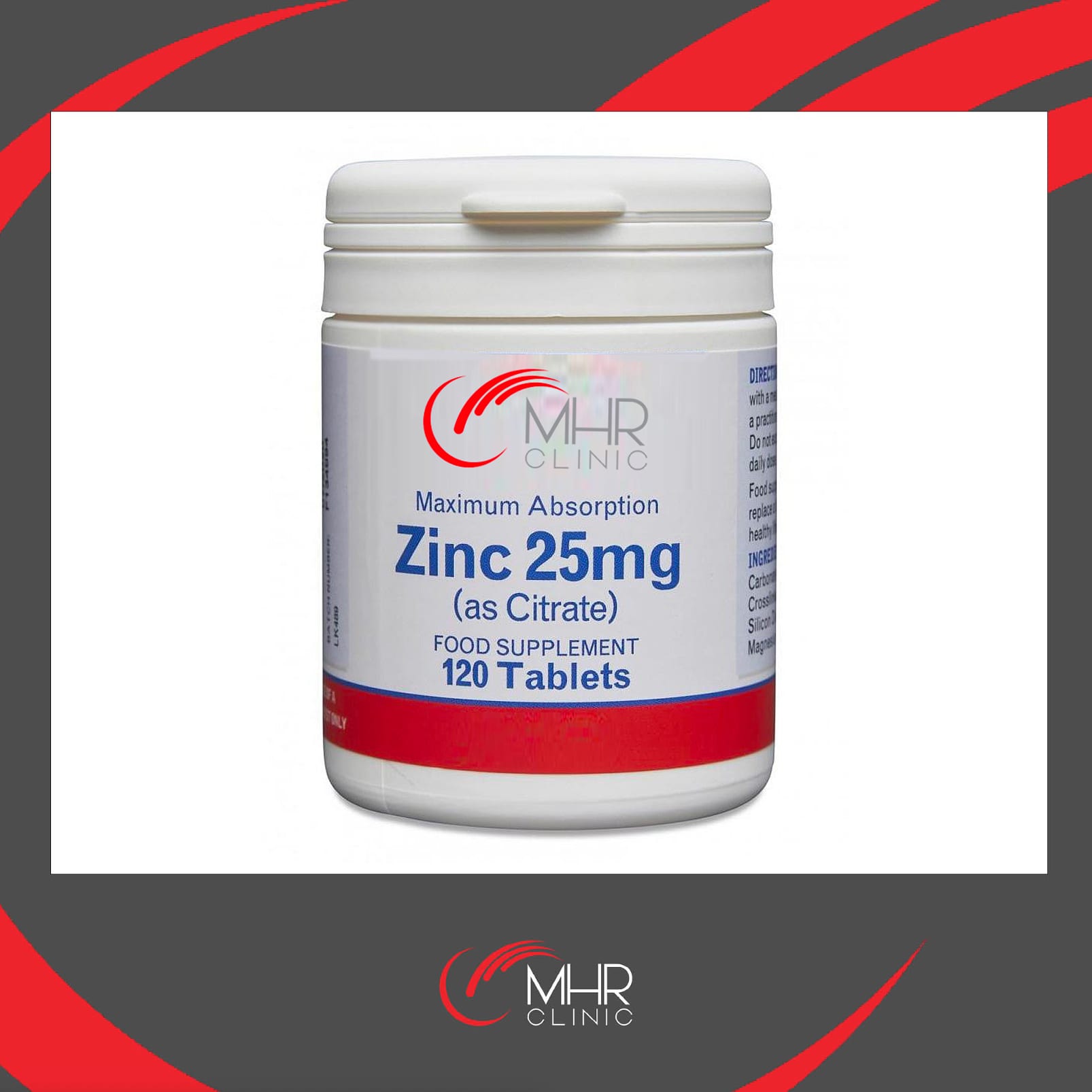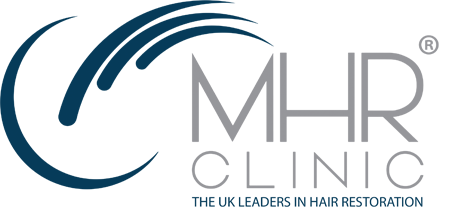
Zinc is an essential trace nutrient which supports a multitude of biological processes in the human body.
The mineral sustains everything from a healthy immune system to good hormonal balance, protein synthesis and the assimilation of vitamins.
It also plays a central role in the upkeep of hair and nails to the extent that a deficiency of zinc leads to hair loss.
Why is zinc important for healthy hair?

Zinc is central to the development and growth of hair follicles.
It also plays an important part in the function of oil glands on the scalp which produce sebum to lubricate hair follicles and keep the scalp hydrated.
In doing so, zinc helps to remove oxidative radicals, cleansing hair follicle cells so they can divide efficiently and support a strong growth (anagen) phase of the hair growth cycle.
As zinc stabilises the scalp’s cellular membrane, playing a vital role in the growth and repair of hair tissue, it also keeps hormones regulated.
And this is another one of the reasons why it is so effective in preventing and treating hair loss.
Hormonal imbalance is a frequent contributor to hair loss in men and women.
Why does zinc deficiency lead to hair loss?
Hair loss is a common symptom of zinc deficiency.
Low levels of zinc in the body compromise the structure and strength of hair follicles. It also reduces sebum production and creates a dry, flaky scalp.
Hair fall occurs at a much quicker rate when hair follicles are not at their healthiest due to a lack of zinc.
While male and female pattern hair loss are caused by hereditary genetics external factors, including a low intake of zinc, are known to trigger and exacerbate baldness.
However, the hair loss caused by zinc deficiency tends to be temporary, presenting across the scalp as a condition called telogen effluvium.
It can usually be reversed by treatments including an increased intake of zinc.

The best way to avoid the acceleration of hair loss conditions caused by zinc deficiency, and prevent extensive hair fall and the onset of balding, is to increase the daily intake of the mineral.
How to take zinc for hair loss
The NHS recommended daily intake of zinc is approximately 9.5mg a day for men and 7mg a day for women (aged 19 to 64 years old).
However, doctors typically recommend 15mg a day when delivered as a bonded compound such as Zinc Gluconate or Zinc Citrate.
In cases of hair loss, experts advocate an upper limit of 25 mg a day.
When relying on diet to provide these amounts of zinc, foods such as red meat, liver, prawns, spinach, egg yolks, lentils and oysters (which contains the highest natural store of zinc) are recommended.
Supplements are an easy way to ensure a sufficient amount of the mineral is available to support a healthy head of hair.
MHR Clinic supplies its clients with a strong 25mg dose of zinc offering maximum absorption as part of the majority of its hair restoration programmes.
Can too much zinc cause hair loss?
Supplementing with too high of a dose can also contribute to hair loss. Just as zinc deficiency can cause hair loss, so can excess zinc.
Excessive levels of zinc in the body not only disrupt the absorption of vitamins and other essential minerals such as magnesium and iron, it also triggers the production of dihydrotestosterone.
High DHT levels lead to hair thinning and eventually hair loss.
If you want to understand more about hair loss and hair growth, our knowledgeable consultants are waiting and happy to help you. Telephone 01565 745 344 or contact MHR Clinic through this contact page.
